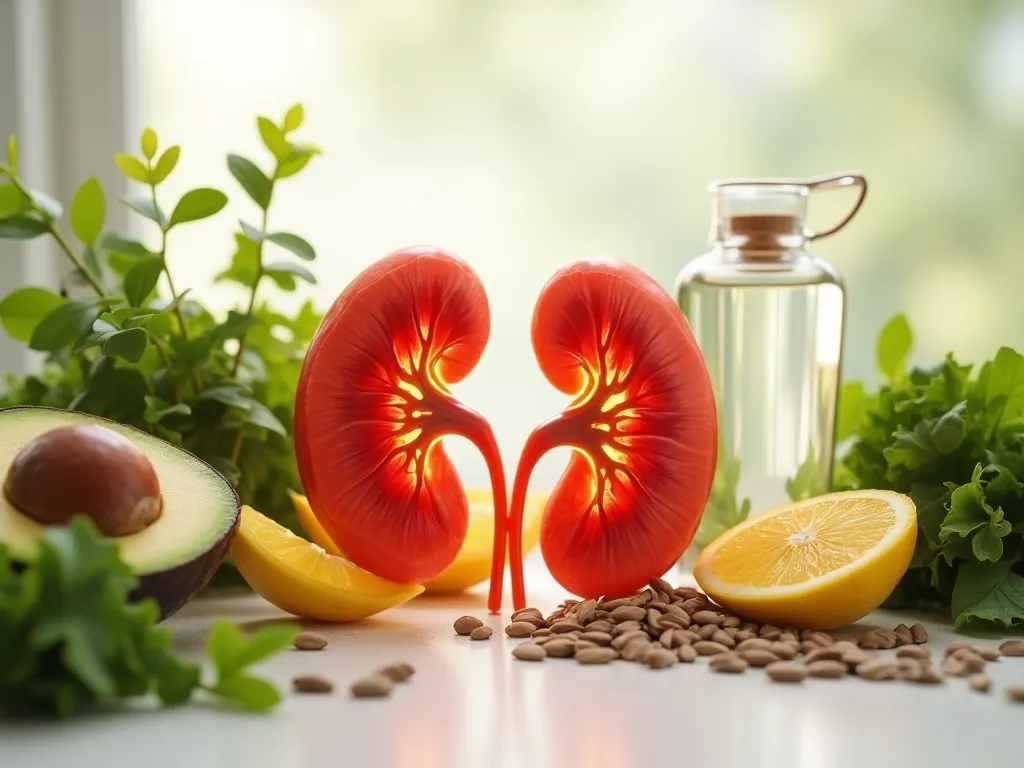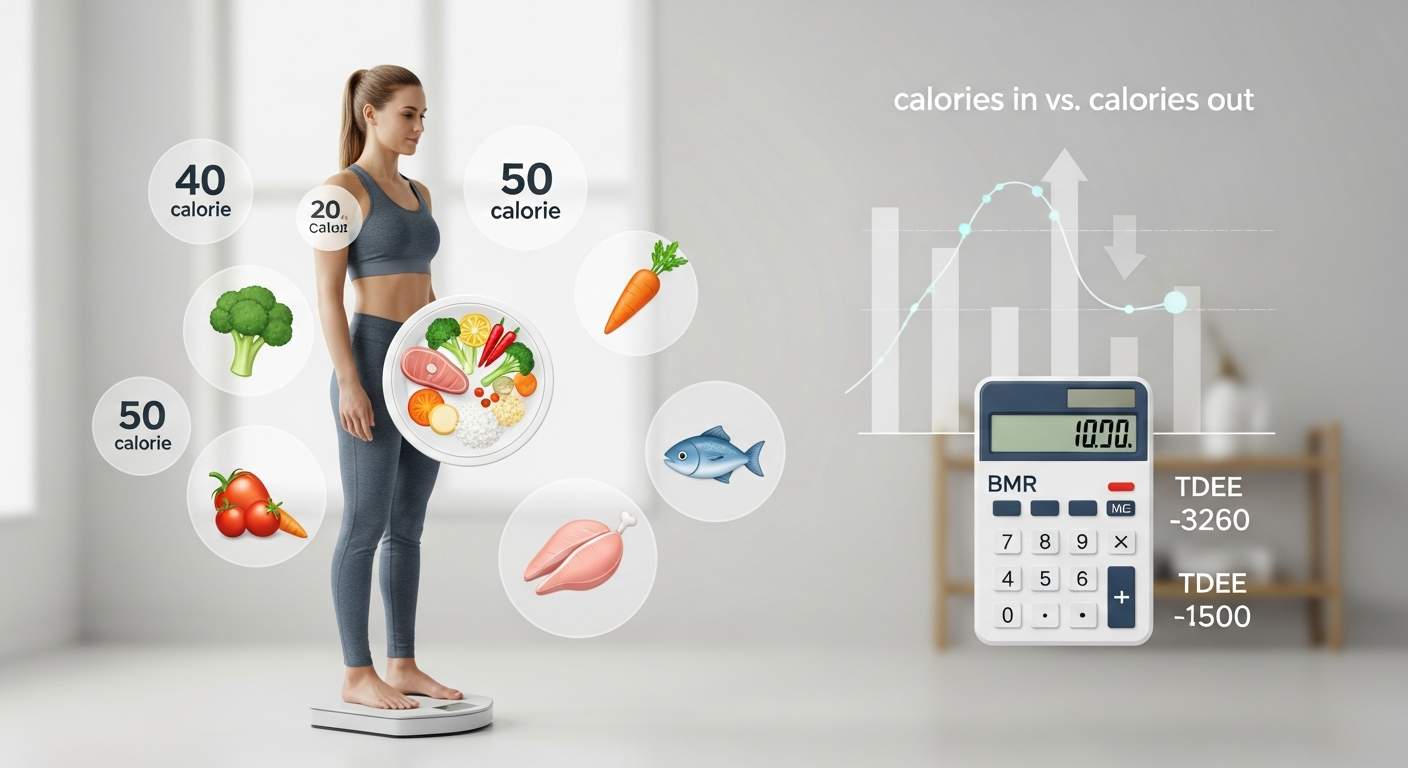Never Get Kidney Stones Again: 20 Scientifically Proven Tips

Experiencing a kidney stone can be one of the most excruciating pains you can imagine. It is as if a sharp knife was twisting in your side, taking you to the emergency room in a state of sheer agony. I know this firsthand. The pain was so great, I thought that I was dying. After the first stone passed, I was still bleeding when I urinated, which was a constant reminder of how bad it had damaged me. This ordeal motivated me to find a way to never again allow these agonizing stones to form.
Most kidney stones contain calcium oxalate. This occurs when your calcium and oxalate combine and accumulate in your kidneys. Other stones made of substances such as uric acid or phosphorus may form as well. But the key to the prevention of them all is surprisingly simple. Understanding this one basic principle allows all the rest of the prevention strategies to fall into place.
Understanding the Foundation What Causes Kidney Stones?
The most common are calcium and oxalate. These two substances can bind together to form hard crystals that form stones inside your kidneys. Your body is able to produce oxalate on its own. Sometimes, a helpful microbe (that eats oxalates) is missing and levels are higher.
While calcium oxalate stones are most common, there are other types, such as uric acid stones and phosphorus stones. The good news is the most effective ways to prevent any type of kidney stone are remarkably similar. Focusing on the proper strategies covers all possible stone formation.
Staying hydrated is crucial. Drinking sufficient fluids (about 2.5 liters a day) will help keep your urine diluted. This dilution makes it more difficult for substances that form stones such as calcium oxalate to concentrate and form crystals. However some people who drink lots of water still get stones, so it’s not the whole story.
The Undisputed King of Kidney Stone Prevention Magnesium
Magnesium is the most important nutrient to prevent kidney stones. Its impact is profound and multifaceted, dealing with the underlying causes of stone formation in a number of powerful ways. The single most important thing you can do is to prioritize magnesium.
Magnesium has a great ability to bind with oxalates. It doesn’t make as close a union as calcium does. This means that magnesium can have an effective effect on stopping calcium from binding to oxalates, preventing the formation of calcium oxalate stones before they have even begun.
Magnesium is also needed for vitamin D to function properly. It acts as a co-factor, helping your body to use calcium properly. Without sufficient magnesium, absorbed calcium may not be able to get to your bones and teeth. Instead, it can accumulate in your blood and trickle into your kidneys, creating a perfect storm for development of stones. This is why it is possible to develop kidney stones by taking high doses of vitamin D without sufficient magnesium.
Furthermore, magnesium is like a natural Calcium Channel Blocker. It helps in the regulation of calcium inside your cells. This prevents harmful calcium buildup from occurring where it doesn’t belong, in your mitochondria for example, which protects cells from damage and contributes to overall health, not just the prevention of kidney stones.
Adequate intake of magnesium also increases the production of natural citrate by your body. Citrates in your urine help keep calcium in solution which prevents calcium from turning to crystals. This is a very important step in preventing kidney stones.
Magnesium also helps to make your urine more alkaline. This increased pH is important in preventing certain types of stones, namely those composed of uric acid. A more alkaline environment means that it is more difficult for uric acid to crystallize and form stones.
20 Scientifically Proven Tips to Never Get a Kidney Stone
Strategies for Essential Magnesium
1. Supplement with Magnesium Glycinate: 300-400 milligrams a day is the goal. Magnesium glycinate is very gentle and can help sleep and increase antioxidants. Combining it with lemon water is very recommended.
2. Prioritize Magnesium-Rich Foods: Add leafy greens, avocados and pumpkin seeds to your diet. These foods are some excellent natural sources. However, you may need supplements for therapeutic levels.
3. Understand the Oxalate-Magnesium Paradox Foods that are high in oxalates such as spinach, almonds and chocolate, are often rich in magnesium as well. Magnesium has the ability to bind to the oxalates, perhaps hinting it may be a natural defense mechanism in these foods.
4. Avoid Artificial Phosphoric Acid: Avoid colas and junk foods. The artificial phosphorus in these items are harmful for the kidney health and a risk factor of stones.
5. Supplement Vitamin D with Magnesium: Always take magnesium when you take vitamin D. Also, make sure that your supplements have co-factors such as vitamin K2 and zinc for better calcium management.
Fluid consumption and water quality
6. Drink 2.5 Liters of Fluid Every Day: Consistent hydration is the key to diluting the urine and preventing stones. Make this a daily habit.
7. Favor Hard Water: Favor hard water such as well water or spring water. It is naturally made with minerals such as calcium and magnesium, which can lessen your risk of getting stones.
Dietary Adjustment & Avoidances
8. Limit Calcium Carbonate Supplements: Stay away from calcium carbonate that is usually available in multivitamins. Get your calcium from food sources such as dairy instead of limestone-based supplements.
9. Incorporate Potassium-Rich Foods: Foods rich in potassium help increase the alkalinity of your urine and therefore help with citrate retention. Many magnesium rich foods are also good sources of potassium.
10. Lower Carbohydrate Intake for Diabetics: Diabetics are at a greater risk for kidney stones. Reducing sugar and carbs can prevent stones and improve the magnesium levels.
11. Eat Fermented Foods & Probiotics: These may help to replenish your body with good bacteria that can process oxalates and may help to reduce the risk of developing them.
12. Consume Fermented Foods and Probiotics: These may help reintroduce beneficial gut bacteria, that may be able to process the oxalates, which may reduce stone risk.
13. Avoid High Fructose Corn Syrup and Processed Foods: These can put you in the risk for developing uric acid stones. Focus on whole unprocessed foods.
14. Reduce Alcohol Consumption: Excessive consumption of alcohol puts strain on your kidneys and liver, making you prone to stone formation.
Lifestyle & Absorption Factors
15 Address Low Stomach Acid: If you have indigestion or bloating, you may have low stomach acid. This interferes with nutrient absorption, the most important of which is magnesium. Betaine hydrochloride can help
16. Manage Chronic Stress Stress depletes magnesium levels. If you live a lifestyle with high levels of stress, you probably require more magnesium.
17. Replenish Magnesium Lost Through Sweat Exercise: Saunas, and hot tubs cause magnesium loss. Increase your intake if you are a heavy sweater.
18. Account for Increased Magnesium Demand in Athletes: Intense physical activity burns into the magnesium reserves. Athletes, and those who overtrain, require additional magnesium to produce energy.
19. Be Aware of Medications That Deplete Magnesium: Diuretics, antibiotics, steroids and birth control pills all may deplete your magnesium levels.
20. Limit Fluoride: Exposure Fluoride, which is commonly found in tap water, can deplete magnesium from your body.
Consider Citrate Sources (e.g. Lemon Juice) Lemon juice can be added to your water to increase the amount of citrate. And when combined with magnesium-rich water, it’s even better.
Conclusion: Steps to Take to A Stone-Free Life
The most important to take away is that magnesium is your best defense against kidney stones. Prioritizing magnesium via diet and supplementation is of the utmost importance. Combine this with good hydration, especially hard water and intelligent dietary decisions and you can significantly decrease your risk.
By following these 20 tips, you will be able to take control of your kidney health. Embrace these strategies for a life without the agony of kidney stones and experience better overall wellness.



